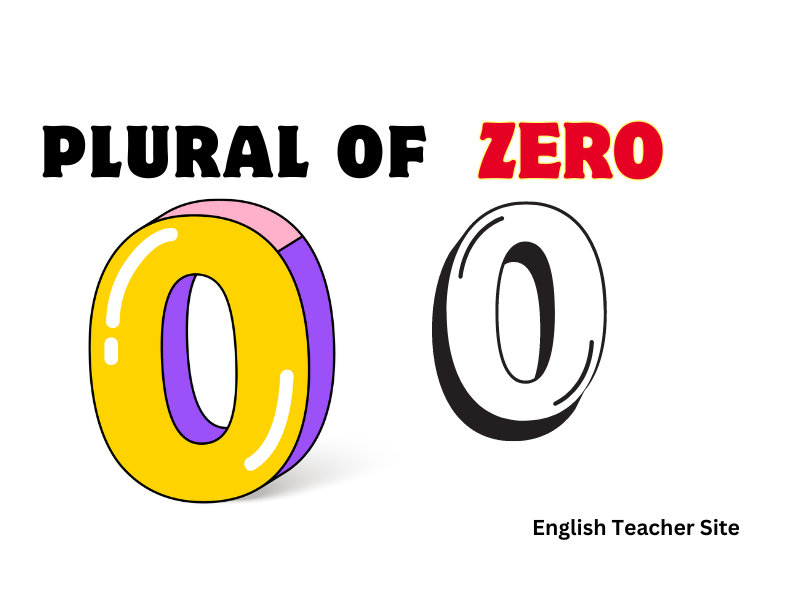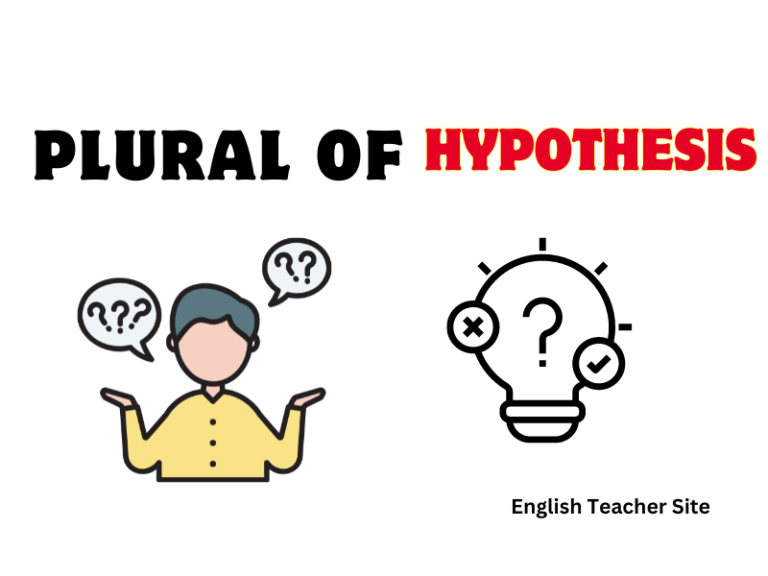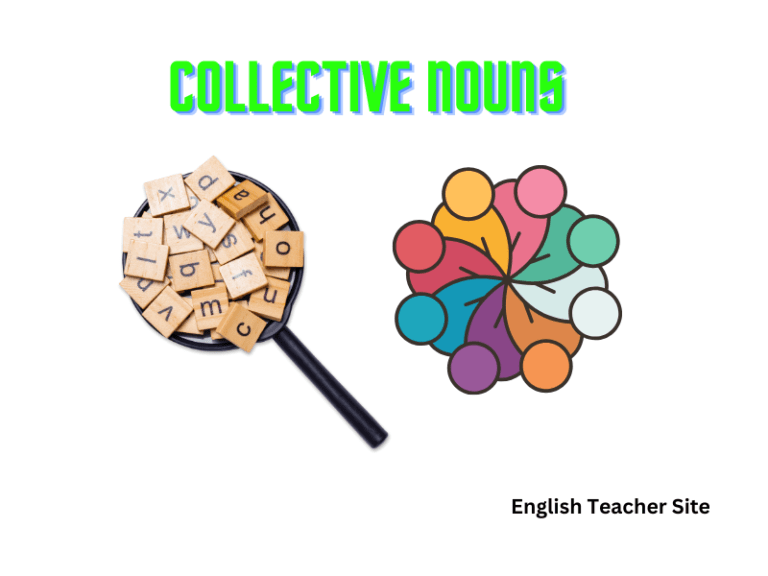What’s the Plural of Zero: Explaining Number Terms

- Zero can be pluralized as “zeros” or “zeroes,” with both forms accepted.
- The singular or plural form depends on the context and quantity described.
- The word “zero” has a significant history and serves as a pivotal noun in mathematics.
The history of the word “zero” itself is rich, reflecting a journey from ancient civilizations to the present, emphasizing its foundational role in mathematics and language. When determining whether the term should be treated as singular or plural, one must consider the subject’s role in the sentence. For practical applications, such as when dealing with statistics, mathematics, or technology, recognizing the plural form becomes especially relevant
What’s the Plural of Zero?
In English grammar, the term “zero” can be pluralized as either “zeros” or “zeroes”. This peculiarity arises from the traditional rule concerning the pluralization of nouns ending in -o.
Let us explore these two accepted forms:
- Zeros: Typically preferred in mathematical or scientific contexts.
- Zeroes: Often seen in literary or general usage.
Usage by Context:
| Context | Preferred Form |
|---|---|
| Mathematics | zeros |
| Science | zeros |
| Literature | zeroes |
| General Usage | zeroes |
Examples in Sentences:
- There are several zeros in this complex equation.
- The team ended the season with multiple zeroes on their record.
Is “Zero” Singular or Plural?
Singular Usage
Typically, “zero” can be treated as a singular noun when referring to the numeral or symbol itself:
- The number zero is crucial in mathematics.
Plural Usage
The plural forms, “zeros” or “zeroes,” come into play when talking about multiple instances of the numeral zero:
- It is important to note that both forms—”zeros” and “zeroes”—are acceptable.
| Singular | Plural |
|---|---|
| zero degree | zero degrees |
| zero chance | zero chances |
In a similar context, when using “zero” with countable nouns, plurality can be applied:
- There are zero chances of rain today.
Grammar Rule Application
- Rule: Some nouns ending in “o” can add either “s” or “es” to form the plural.
- The plural form of “zero” adheres to this rule, allowing both endings for usage.
Definition of Zero
In the realm of mathematics and numerals, zero plays a fundamental role. It is the integer denoted by ‘0’ that stands for a null quantity or value; a concept vital for the decimal number system. Zero is the numerical digit used to represent that number in numerals. It functions as a placeholder in place value systems, crucial for distinguishing between numbers like 10 and 100.
The importance of zero extends beyond the placeholder aspect. It is also considered a number that can be used in mathematical operations, such as addition and subtraction. When used in computations, adding or subtracting zero from a number leaves the original number unchanged; thus, it is often referred to as the identity element for addition. Here’s a basic representation of zero in an addition table:
| Number | Operation | Result with Zero |
|---|---|---|
| 1 | + 0 | 1 |
| 5 | + 0 | 5 |
| 10 | + 0 | 10 |
In multiplication, any number multiplied by zero gives zero, making zero the absorptive element for multiplication:
| Number | Operation | Result with Zero |
|---|---|---|
| 1 | × 0 | 0 |
| 7 | × 0 | 0 |
| 15 | × 0 | 0 |
Zero also has a unique position on the number line. It is the pivot point between positive and negative numbers, and it is neither positive nor negative. In a more abstract sense, zero sometimes represents the absence of quantity or a starting point.
The concept and symbol of zero have evolved over centuries, involving contributions from ancient civilizations like the Babylonians and Mayans, with significant advancements made by Indian mathematicians. It has enabled complex calculations and the development of algebra and calculus, signifying a leap in human understanding of mathematics and its applications.
Nouns Ending in –o
Nouns Ending in -o with Preceding Vowel (Add -s):
| Singular | Plural |
|---|---|
| studio | studios |
| zoo | zoos |
| video | videos |
Nouns Ending in -o with Preceding Consonant (Add -es):
| Singular | Plural |
|---|---|
| hero | heroes |
| potato | potatoes |
| volcano | volcanoes |
Here are some nouns that break the usual rules, showing the complexity and the exceptions within English:
Nouns that can take -s or -es:
- Zero — zeros/zeroes
- Mango — mangos/mangoes
- Echo — echos/echoes
Nouns with Invariable Plurals:
- Buffalo — buffalo (though buffaloes is also acceptable)
- Tornado — tornado (though tornadoes is also acceptable)
Practical Examples of Using Zero in Context
Mathematics:
In mathematics, zero plays a crucial role. Whether discussing temperature, scores, or functions, the use of zero’s plural form often surfaces:
- When graphing, one might need to plot several points at zero, leading to the sentence, “Plot the zeros on the x-axis.”
- In discussing temperature, one might say “The temperatures plummeted to zero degrees in several cities.”
- Scores in games can also warrant its use: “The final scores were ten to zero.”
| Context | Sentence Example |
|---|---|
| Mathematics | Plot the zeros on the x-axis. |
| Temperature | Several cities reached zero degrees. |
| Game Score | They led with ten points to zero. |
Grammar and Spelling:
With the English language’s idiosyncrasies, grammar rules dictate when to use “zeros” or “zeroes,” often depending on the writer’s preference.
- In discussing grammar, one might say, “In English, some words can end in ‘es’ to form the plural, like ‘zeroes.'”
- At times, the context is more specific: “When typing out passwords, make sure you don’t confuse zeros with ‘O’s.”
| Spelling Variant | Usage Example |
|---|---|
| Zeros | There are two zeros in the number two thousand. |
| Zeroes | The word “zero” can be spelled as “zeroes” in plural. |
Contextual Usage of Zeros/Zeroes
Here are two tables contrasting their use in different contexts:
Table 1: Mathematical and Technical Contexts
| Singular | Plural | Contextual Example |
|---|---|---|
| zero | zeros | Adding two zeros to ten gives a hundred. |
| zero | zeroes | After the calculation, the result was all zeroes. |
Table 2: Non-technical Contexts
| Singular | Plural | Contextual Example |
|---|---|---|
| zero | zeros | He has zero patience with delays. |
| zero | zeroes | Her bank account is full of zeroes after the windfall. |
- The term zeroes is occasionally used when personifying the concept, such as in “Zeroes across the board.”
- In coding and computer terminology, one might refer to ‘binary zeros and ones’.
- In the phrase ‘heroes and zeroes,’ the word “zeroes” often rhymes with “heroes,” making it a stylistic choice in literature or speech.
Uncovering the Origin of the Word Zero
Table 1: Etymology of Zero
| Language | Term | Notable Usage |
|---|---|---|
| Arabic | Sifr | Root word for “zero” |
| Italian | Zefiro | Transliteration from Arabic |
| French | Zero | Adopted from Italian |
| English | Zero | Direct adoption from French |
The numerical symbol “0” signifies the absence of quantity, a placeholder, or in mathematical terms, the additive identity. Its usage straddles many domains from mathematics to everyday life, signifying nothingness or the baseline.
- First Known Use: The numeric use of zero can be traced back to the Sumerian culture around 5,000 years ago.
- Spread from the East: The concept of zero spread from Mesopotamia to India, where it was further developed, and then to the Arab world, from where it entered Europe.
Table 2: Progression of the Symbol for Zero
| Civilization | Symbol | Description |
|---|---|---|
| Sumerian | Slanted double wedge | Primitive placeholder |
| Indian | Dot or small circle | Represented “Shunya” for void |
| European | 0 | Recognized as numeral zero in math |
Throughout its history, the term “zero” and its symbol have become indispensable. In English, it operates dynamically, both as a noun and, less frequently, as a verb. The plural of the term, often found as “zeros” or “zeroes,” further showcases the linguistic adaptation of the concept across different eras and disciplines.
Sources
My name is Khamis Maiouf. I am the creator of the English Teacher Site, dedicated to providing valuable resources and insights for students around the world. With a passion for education and a commitment to helping students enhance their skills, I aim to make English teaching more effective and enjoyable for both educators and students.






